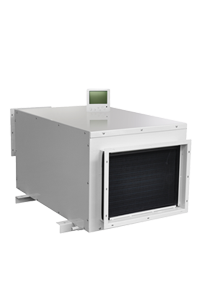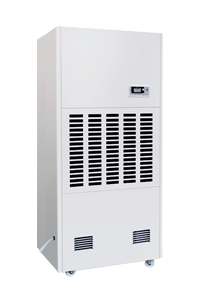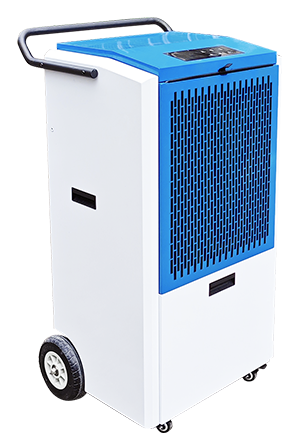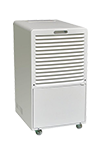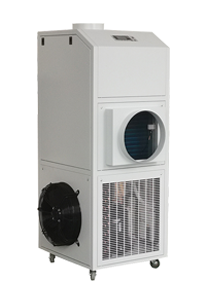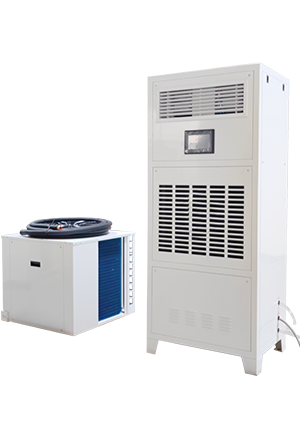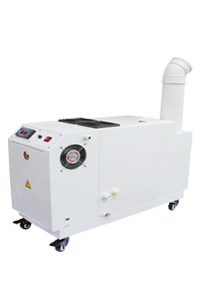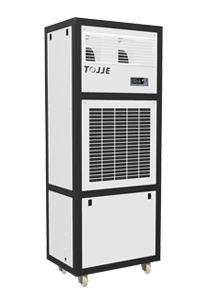News
In industrial and commercial environments, humidity control is far more than a comfort issue — it is a critical factor that can impact product quality, equipment reliability, worker safety, and operational efficiency. Whether in food processing plants, pharmaceutical manufacturing, warehouses, or cold storage facilities, excess humidity poses serious challenges. This is where industrial dehumidifiers play a pivotal role.
They come in various types, including:
Refrigerant (Condensation) Dehumidifiers – Ideal for high-temperature and high-humidity environments.
Desiccant Dehumidifiers – Effective in low-temperature conditions, often used in cold storage or pharmaceutical cleanrooms.
Hybrid Systems – Combining both technologies for versatile performance.
Why Is Humidity Control So Important?
1. Preventing Mold and Mildew
High humidity levels can lead to mold growth on walls, ceilings, and stored goods. Mold not only damages inventory but also poses health risks to workers. Industrial dehumidifiers help maintain optimal relative humidity (RH), typically between 40–60%, to inhibit mold development.
2. Protecting Equipment and Infrastructure
Condensation on machinery, pipes, and electrical systems can cause corrosion, rust, and short circuits. By maintaining dry air, dehumidifiers help extend the lifespan of valuable industrial equipment.
3. Preserving Product Quality
Industries such as food, pharmaceuticals, textiles, and electronics are highly sensitive to moisture. For example, in pharmaceutical manufacturing, even minor fluctuations in RH can affect powder flow, coating uniformity, and product shelf life.
4. Ensuring Safety and Compliance
Moist environments can lead to slippery floors, promoting workplace accidents. Additionally, regulatory bodies such as the FDA, GMP, or HACCP may require strict humidity control as part of compliance standards.
5. Enhancing Energy Efficiency
By reducing moisture load, dehumidifiers help HVAC systems operate more efficiently, especially in air-conditioned warehouses or production spaces. This can result in lower energy costs and better temperature regulation.
Industrial dehumidifiers are not just optional add-ons — they are mission-critical systems for maintaining air quality, protecting assets, and ensuring operational integrity. In today's data-driven, compliance-focused industrial landscape, investing in robust humidity control is a smart and often necessary move.

